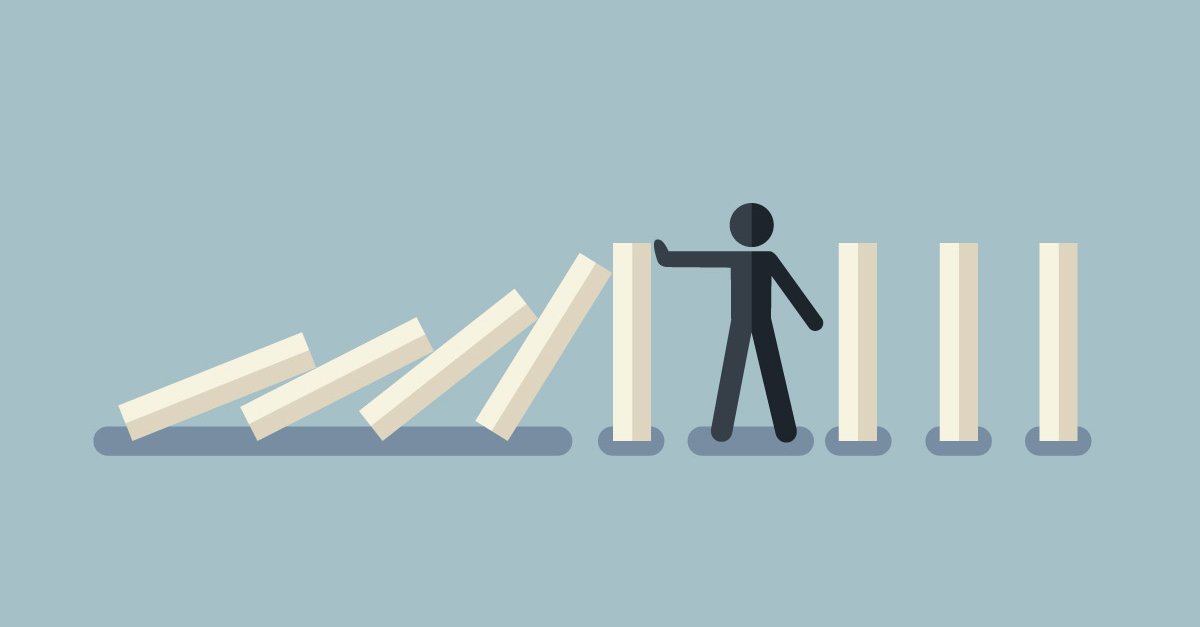
Time management techniques let you get more done at home and at work, but I like them for another reason. When you have a handle on your day and you know that you’re doing exactly what you should be doing nearly all the time, that knowledge also lowers your stress level!
Here are five time-management techniques we use in our company with great success. Leave a comment and share your stress-reducing time-management and organization tips, too!
Finish the Meeting
This time-management tip concerns meetings. When you go to a meeting, you’ll often return to your workspace with to-do items that someone gave you to accomplish or that you gave yourself during the meeting. Instead of putting your meeting notes aside and saying “I’ll get to those to-do items later — well in advance of the next meeting!” treat them as an extension of the meeting you just left, and handle them right away.
If there are people you need to contact via email, do it right away when you sit down upon returning from your meeting. Attend to every action item that was generated in the meeting right away and you’ll never be caught short when a week goes by like lightning and the next meeting date arrives before you’ve even glanced at your meeting notes!
Keep your Best Friend in Mind
When you have more than one priority to juggle (as most of us do!) there is one person it is critical for you to keep in mind. That person’s equilibrium and stress level are your highest concern. That person is not your boss, but he or she is your best friend. That person is you a week or two weeks from now! Take every step you can to ease your own burden in the future.
That means taking care of small items that will burrow a hole in your brain and keep you stressed-out until they are handled. Have you double-checked your reservations for your upcoming trip? Take a minute and do it now! Pack your suitcase days ahead of time so that the night before your trip is as low-stress as it can be.
Have you verified that the client knows the address from the meeting at a downtown hotel? Send the address again, even if you sent it before! Reduce your own future stress and your best friend will be eternally grateful.
Tickle Yourself
Use a tickler file to make sure that future To Do items don’t get lost. The days fly by at work and it’s easy to forget to take care of items that fall out of your inbox or fall off your radar screen. A tickler file is a set of reminders that will ping you when you have to check on something or take care of something. You can use your planner to write yourself reminders on future dates or you can use your phone as an alarm to remind you.
When you reach out to someone inside or outside your company and you’re waiting for a reply, create a note in your planner or on your phone to remind you to see whether that person has responded two or three days from now.
You can send a follow-up or make a phone call if you haven’t heard anything, and set another tickle for a few more days out. Your planner or your phone may end up with 10 or 15 reminders or alarms in place all at once, but that’s a good thing: that will leave your overburdened brain free for more creative thinking!
Stage your Day
If your job allows it, take care of personal matters the minute you get to work. Some personal issues can’t be handled after working hours. That might include talking to your kids’ teacher, getting hold of someone at the bank or setting up a doctor’s appointment.
Make a list of those personal action items and take care of them as soon as you get to work — that way your brain will be unfettered by nagging thoughts of undone but important personal chores and you can focus on your work for the rest of the day.
After your personal action items are handled, take care of the “people” topics on your list. You can do paperwork anytime. People race around and it’s hard to get ahold of them, so get your conversation-related to-do items off your list first!
Schedule time every day in your calendar to move projects forward. Don’t wait until the last minute to dig into quiet work like research, report creation and design projects and don’t use your whole workday on other things so that you’re forced to work on your projects at home!
Prune the Rosebush
Email can be overwhelming even if you’re a fast reader, fast typist and very disciplined in ignoring distractions. Keep your email rosebush pruned by instantly unsubscribing yourself from any newsletter or distribution list that isn’t essential for your work.
If you’re one of the many people who put industry updates, newsletters and general mailings into a folder called Read Later but then never have a chance to do that later reading, unsubscribe from those distribution lists now. In the unlikely event that you get more leisure time for reading down the road, you can always re-join as a new subscriber.
Think of your time-management activities as tools to help you get through your busy day and week with the lowest stress level possible.
You want to go home at the end of each day saying “Wow – I got a lot done today!” not “Where did the day go?” That will get easier as you build a time-management system that works for you. You are the CEO of the company called Your Career, after all!
Author: Liz Ryan is the CEO and founder of Human Workplace.









